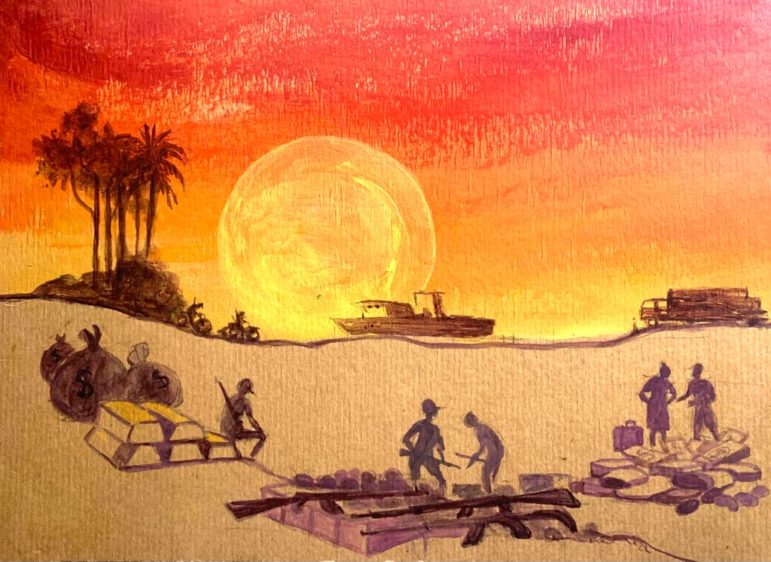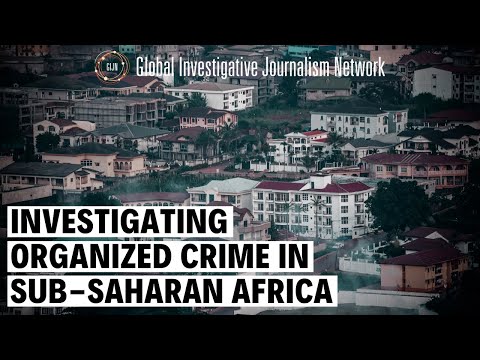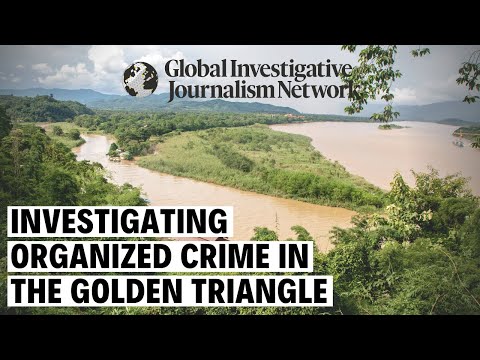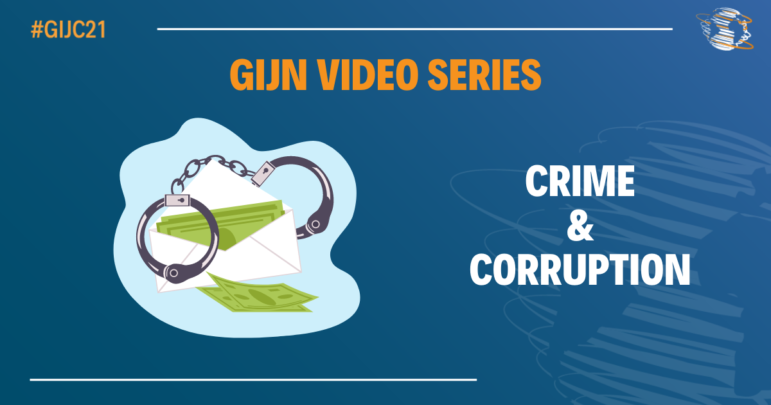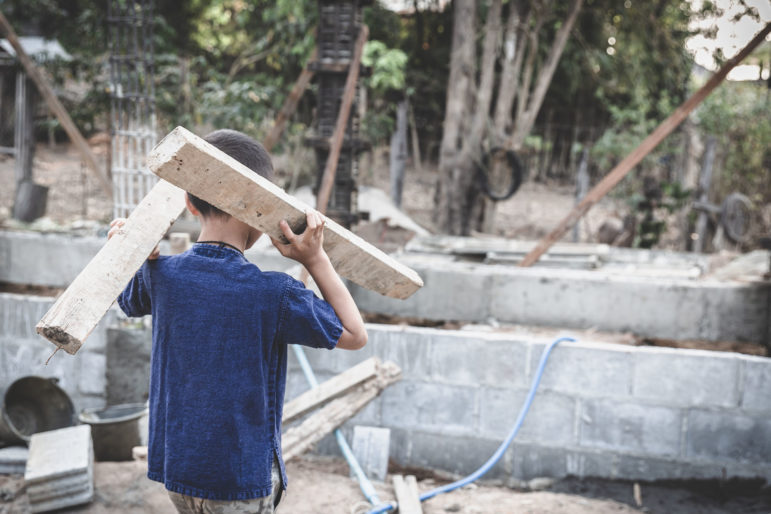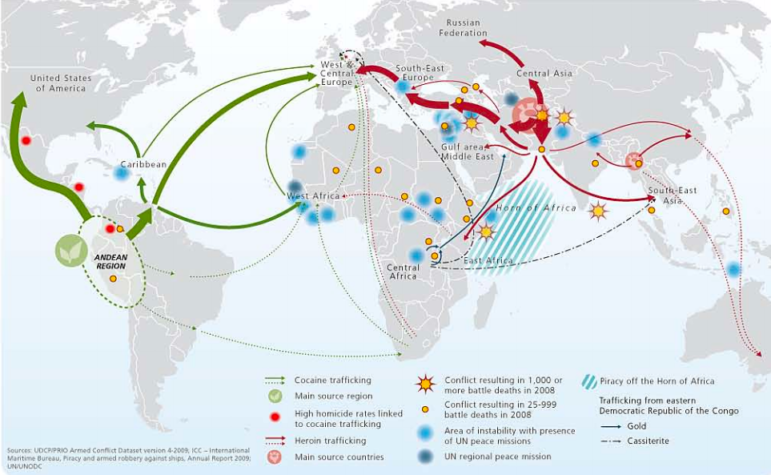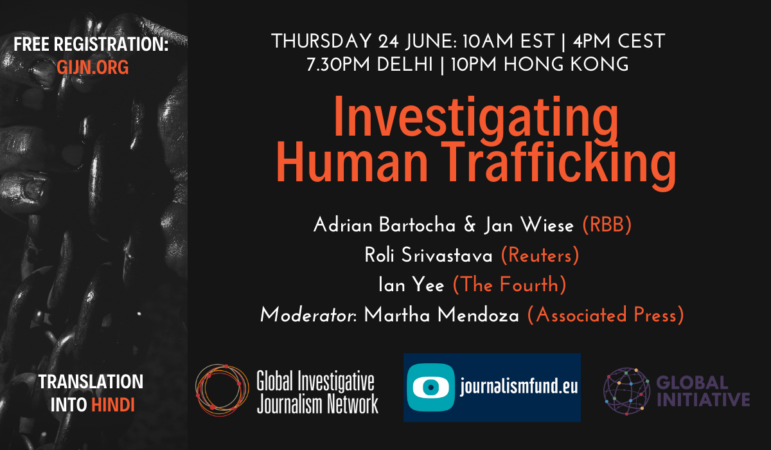

GIJN Webinar: Investigating Human Trafficking
Editor’s note: This webinar has now taken place. You can see the recording on GIJN’s YouTube channel.
Slavery and trafficking in human beings, once thought to be vestiges of a brutal past, are not only alive today but have morphed into billion dollar, multinational industries. On any given day, there are an estimated 40 million victims of these crimes, mostly women but also men and children, according to the United Nations. Human trafficking is also one of the fastest-growing activities of transnational crime organizations, and is marked by coercion, exploitation, and violence. It is a critical area for journalists to dig into but investigation requires perseverance, skill, and sensitivity.
To bring journalists the latest tools and techniques, GIJN is pleased to present Investigating Human Trafficking, a 75-minute webinar. This session will provide tips on how to investigate the two main types of human trafficking, sex exploitation and labor abuse, and discuss the best ways to cooperate with civil society groups that offer protection to victims of trafficking and slavery. The webinar is being produced in partnership with Journalismfund.eu’s Modern Slavery Unveiled program and the Global Initiative Against Transnational Organized Crime. It will feature live interpretation into Hindi.
Investigating Human Trafficking will feature five journalists with experience investigating this topic:
Roli Srivastava is a correspondent in India with the Thomson Reuters Foundation. She has done extensive reporting on migration and human trafficking in her country, both for Reuters and outlets like The Hindu and The Times of India.
Jan Wiese and Adrian Bartocha are two senior investigative journalists working for RBB (Rundfunk Berlin-Brandenburg) and Lost in Europe, a cross-border journalism project investigating the disappearance of child migrants in Europe. They are the authors of the award-winning documentary “Children as Commodities: The Human Trafficking Mafia” on the smuggling of young Vietnamese children into Western Europe.
Ian Yee is a journalist, documentary producer and co-founder of The Fourth, an investigative and impact media social enterprise. He recently also became director of the Environmental Reporting Collective, a collaborative investigative team working on environmental issues.
The moderator is Martha Mendoza, two-time Pulitzer Prize-winning journalist and part of the Associated Press team that exposed the use of slave labor in the Thai seafood industry. She is also author of a chapter on human trafficking that is part of a forthcoming GIJN guide, Investigating Organized Crime.
GIJN gratefully acknowledges the participation of two partners in this production: Journalismfund.eu, a GIJN member nonprofit based in Brussels that provides grants to advance cross-border investigative journalism across Europe and beyond, and the Global Initiative Against Transnational Organized Crime, a Geneva-based civil-society organization seeking new and innovative strategies and responses to organized crime.
Watch our Twitter feed @gijn and newsletter for details on future events.
Date: Thursday 24 June 2021
Time:
10:00 AM (Washington, DC, Toronto)
15:00 (London, Tunis)
16:00 (Berlin, Cairo, Paris, Johannesburg)
17:00 (Amman, Moscow, Kampala, Nairobi, Istanbul)
19:00 (Islamabad)
19:30 (Delhi)
20:00 (Dhaka)
21:00 (Bangkok, Jakarta, Hanoi)
22:00 (Hong Kong, Kuala Lumpur, Manila)
23:00 (Tokyo, Seoul)
00:00 (Sydney)

